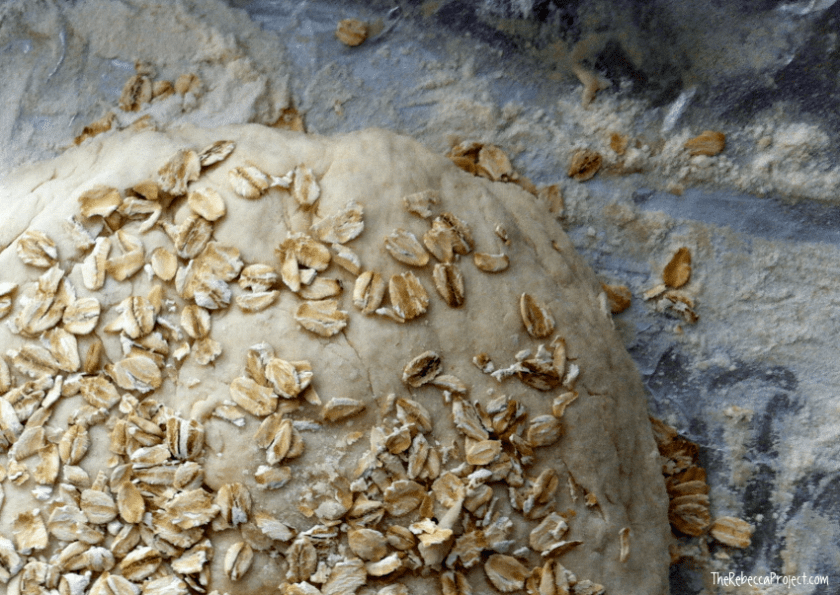Missed the first post? Read ‘Part 1: Leaving Home’ here.
Adjusting. Acclimatising. Settling-in. Whatever you call it, it can be difficult and it can also be a very long process. But what I want to talk about in this post is adjusting in the first few weeks of arriving somewhere new.
What I’ve discovered after relocating numerous times is that it helps to create some order, some sense of normalcy to help you ease into the transition. Creating a new ‘normal’ can give you some semblance of peace, and helps to ground you in your new environment.
Creating a Routine
After unpacking my bags and hanging my clothes in the closet, I tackle my routine.
My routine has been different in every city I’ve lived in and often takes some tweaking to get things right. I build in the non-negotiables: sleep, good food and exercise. Then I add the things into my schedule that make me happy, things like exploring and photographing my new neighbourhood, journalling, reading, joining clubs, making friends. I also include regular ‘touchstones’ that help keep me grounded and connected to those I love, such as skyping with my family and the Sunday coffee date with the American where we decompress and plan the weeks ahead.
Make time to do the things that make you feel good, no matter where in the world you find yourself.
For me, getting my physical space in order and my routine in place is important, but it’s as equally important (if not more so) to get my head in order.
Writing is the new therapy
Moving is an emotional experience: there’s an ending and a new beginning. It’s completely normal to be emotional, and find yourself completely overwhelmed. The best strategy I’ve found to help me face this new transition is writing. I put my thoughts down on paper to help me identify what I want from this experience, and my expectations of what life will be like. I ask myself what I seek by moving abroad.
This ‘daydreaming’ about what life will hold for me is something that helps me monitor my expectations. I learned the hard way that not every moment in Ireland would be full of good times down the pub, sharing a few pints with chatty, flushed-cheeked locals. So now, I find it helps to explore my expectations and be realistic in my idea of life overseas.
The Hibernation Cycle
I have just moved back from Sydney to the San Francisco Bay Area, and it’s not my first time doing so. Nevertheless, it’s been a few weeks since I touched down, and I’m still not completely settled here. The deep heartache I felt leaving Sydney has made me very emotional, and it’s taking much longer to wear off this time. It always takes much longer than anticipated to adjust.
One thing I have learnt about myself as I’ve travelled over this past six-and-a-half years is that I’m someone who needs to feel a base level of comfort in order to open myself up to new experiences. So I’ve developed a system of hibernation when I arrive in a new long-term location, and one that meets my needs for stability. Here’s how it usually works:
I arrive safely in the land, and most often intensely jetlagged. I email Mum to tell her I’m alive, only to find out she has been FlightTracking me the whole way and already knows all is well. I get to the house/hotel, and bunker down. If I’ve left somewhere I’ve called ‘home’ then I’m usually blue for a few days, that low oscillating melancholy triggered by separation. So, lest I burst into tears at the Supermarket, I lay low.
I don’t usually contact anyone for at least a week, or two. During this time, I readjust my sleeping patterns and establish a routine. I spend time writing and drinking loads of tea. I focus on just acclimatising.
I emerge from my bunker occasionally to take walks, sometimes to the supermarket. I play tennis or ride a bike. Whatever I do is on the down low. My time is spent unpacking my bags and creating order in my room/apartment. And then I reemerge a few weeks later, butterfly-like, ready to tackle the world.
It just takes time
So this week has marked the end of the initial transition period. I’ve spent an afternoon catching up with my old work colleagues at the courthouse, the American took me to his childhood hometown of Danville, we enjoyed an impromptu road trip to Monterey and Carmel, and I’ve reconnected with most of my friends here in the Bay Area. Slowly, but surely, life is beginning (again) here for me. I’m starting to feel the rhythm of life here in the Bay Area. It just takes time.
Missed ‘Part 1: Leaving Home’? Catch up here.





Hi, Love to read how you value the importance of enough sleep, healthy food, etc. As an Expat (Partner), one of the “traps” is that we start eating too much and/or unhealthy food, for some it is difficult to resist the cookies when they go to coffeemornings or they drink (too) much alcohol when going to parties and mingles. As you can feel a little “lost”, the danger exists that someone might eat to “comfort”.
You found what you really like, writing. In my experience, once the “expat partner” finds out what she really likes, (s)he gets a “boost”, can start to plan and act. This makes their life much more fulfilling.
Expat life is a wonderful experience, but it can be challenging too.
We are doing a survey on the challenges facing the expat partner. I am happy to send you the report afterwards if you are interested.
Here is the link: http://www.surveymonkey.com/s/2LW7TZY
Maybe other readers of your blog might be interested to participate?
Thanks so much for your comment! You’re entirely right: once you find the right balance and the activities that help you live in a foreign land, then you’re a lot happier.
I just took your survey, too. I didn’t have much of an issue with language here, nor do I have kids, but have experienced challenges since moving abroad. Best of luck with it!
Pingback: Photo Post: The Start of Summer in San Francisco | The Rebecca Project
The hardest thing for me moving from America to England was I didn’t realise that it would be a bit like being a 16 year old starting over again, finding a job, making friends, even having to take a driving test to get my license which I had held for ten years in America! (Still haven’t gotten around to it). It does take a lot of times, and you have to accept you are going to have bad days once in a while, but the good days normally outweigh those as long as you’re willing to jump right in.
Dannielle @ Chic-a-Dee
It’s true. it really is a new beginning. Little things you took for granted, like which bread you prefer to buy at the supermarket or going out for coffee with friends, you have to relearn over again.
And I agree with you: if you don’t jump in and get yourself wet, you’ll be stuck in no (wo)man’s land!
Tell me about it, I miss ranch dressing and stock up every time I go back. I think it’s great you’re writing these posts, because I think it can really help/prepare people thinking of moving to a different country on what to expect, and that you will get through it. I look forward to reading the rest!
Pingback: Back in California | The Rebecca Project